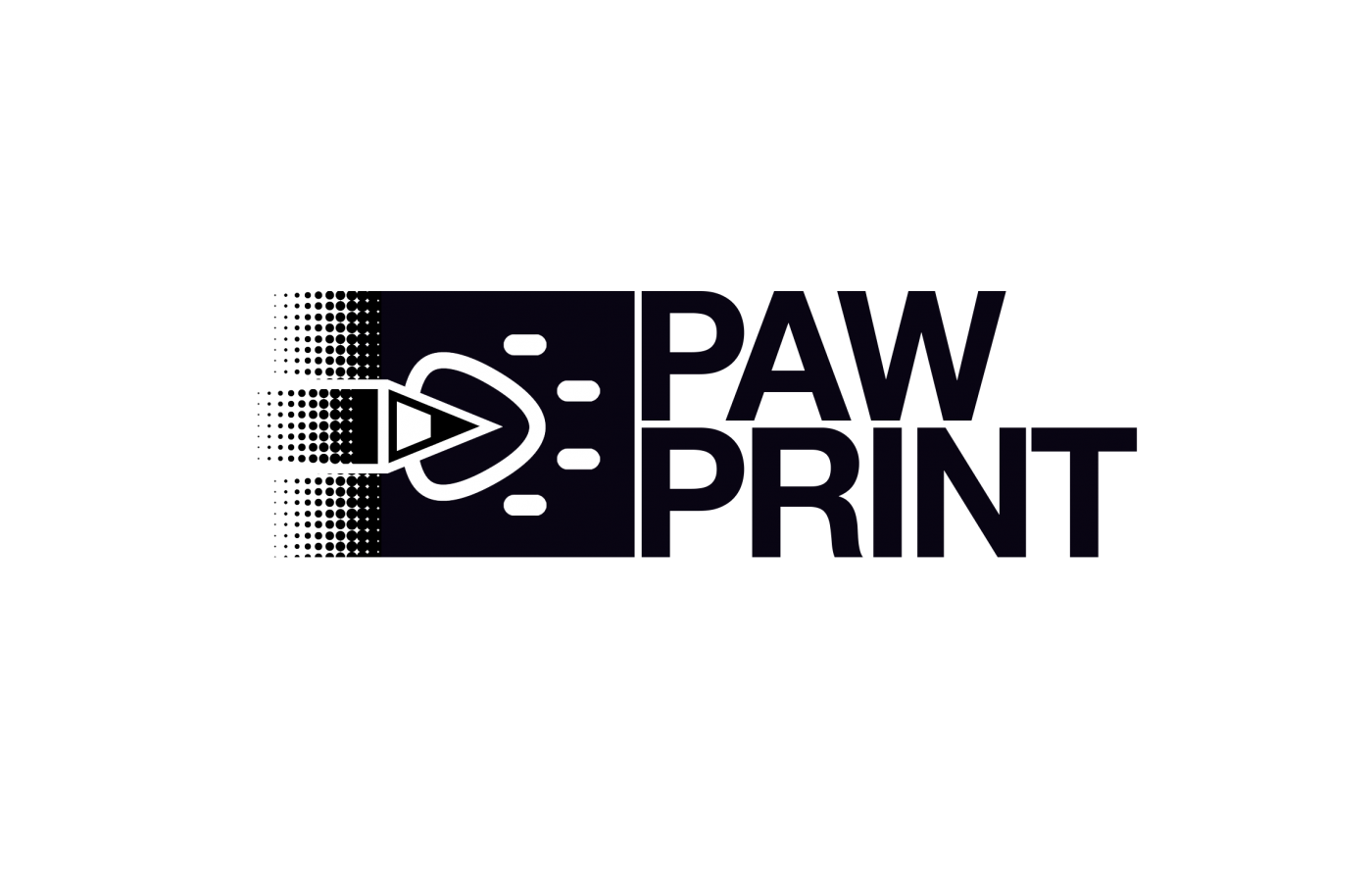Study Tips To Ace Your Way Through Finals Week
In a time where APs, finals and Regents are around the corner, it’s vital to stay on top of studying to achieve the highest grades possible. Here are some tips to keep in mind as we near the most dreaded time of the year.
- Chewing gum is great for you teeth and, surprisingly, for memory. When gum is chewed while studying and then again during a test, the flavor jogs your memory about what had happened the last time you had tasted it. Keep in mind that this only works if you chew gum of the same flavor on both occasions.
- Studies have proven that writing in blue allows for better memory retention of the information. Therefore, if you re-copy the notes you’ll be tested on with a blue pen, there’s a higher chance that you’ll recall it than had you written it with a black one.
- Distributed practice (practice that is spread out over time) is a more effective than massed practice (cramming). Spread out studying over multiple days to see your desired result by allowing the information to be worked upon and expanded over the course of days instead of just memorization the day before.
- If possible, stop intermittently while studying and do practice questions to become accustomed to the type of questions that may be seen on the test. Continuously reviewing similar questions will allow you to feel more confident and relaxed when you encounter the same style on your test.
- Don’t study only the night before because whatever information can be recalled after nine hours is all that will be remembered. This way, it’s easy to figure out the notes that didn’t come to mind must be reviewed once more.
- Listening to music helps for the first ten minutes because it will elevate the perceptiveness towards studying. After that, the music will have no effect since the focus will have been on the material long enough to get into a groove.
- In order to keep stay focused, it’s necessary to have a workspace free of distractions. Also, have a separate workspace for better sleep so that comfortable spaces (beds and such) don’t become associated with stress-inducing study sessions.
- Flashcards, Quizlets, and online practice tests are all available to everyone, so taking advantage of useful prep materials such as these can be a deciding factor on how well one does.
- Reciting the subject material being studied to someone else who is testing you, if possible, is considered to be one of the best ways to instill information into your brain.
- If you have a friend who’s available and knows the material, don’t be afraid to have discussions about topics. These talks will fill in any gaps you have and the rehearsal will firmly cement it into your mind.
- When studying with a group, have a set leaving time (that everyone knows) so you’ll get down to business immediately and not waste any time. If time constraints are instituted, they place pressure on the group to get done what’s necessary before anyone leaves.
- Don’t study for too long. After a while, you won’t be actively reading or fully comprehending the material. For huge tests, especially Regents and such, after every three hours is up take a break until you feel relaxed and ready to delve back into the material.
- Healthy snacks (peanut butter, apples, etc,) can improve brain activity while studying. Even though it may seem insignificant, every point counts, so don’t overlook the easiest tips for improvement.
- It’s tempting to study and then take a break and let off steam before going to bed, but it’s actually better to study before sleeping. The brain created neural connections for all the material, so if it’s the last activity before sleeping those connections will be strengthened overnight allowing for faster and easier access.
- Nothing good ever happens after 2 AM. If it’s this late and you’re still studying, it’s better to put the books down and go to sleep so, at least, you won’t fall asleep while taking the test. Hopefully, you prepped enough beforehand and can calmly pass your exam.



